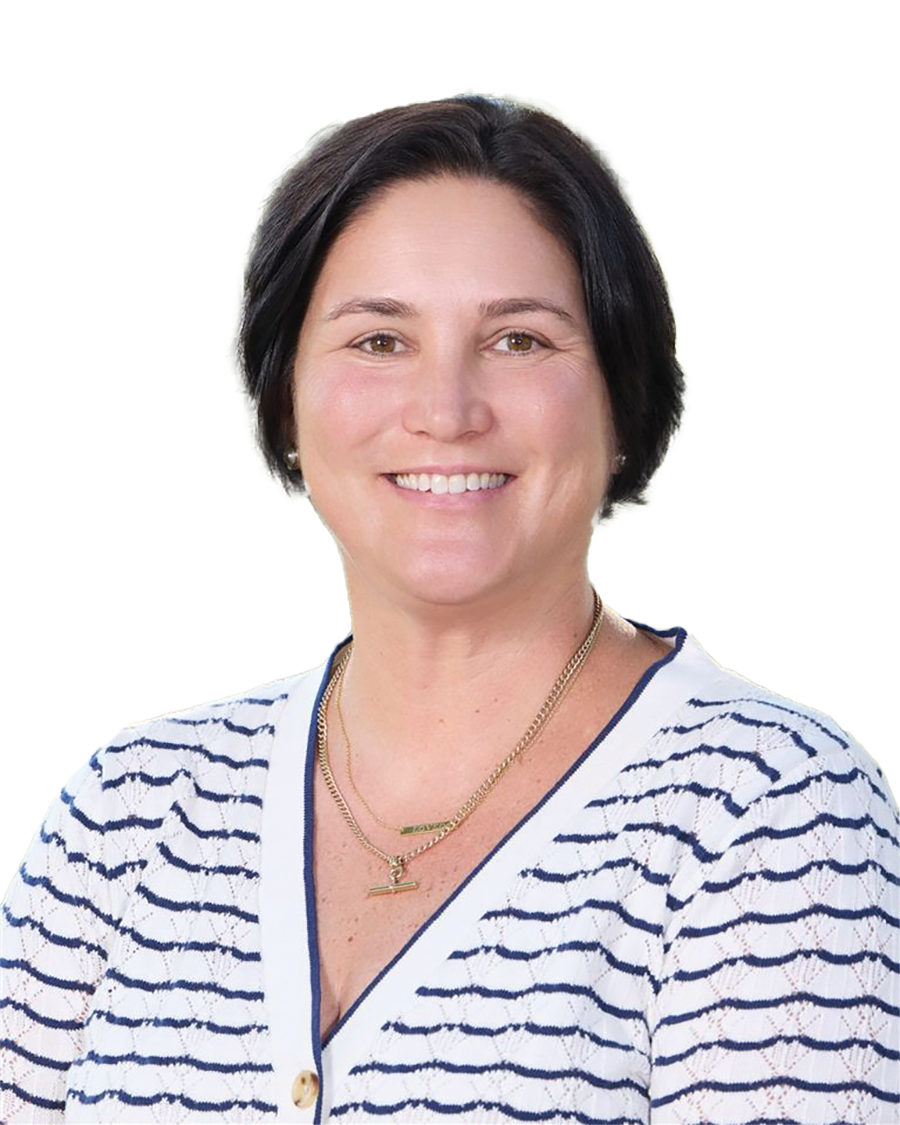
Melatonin help students sleep at night after a stressful day at school
Since she began taking Melatonin, junior Madalene Danklef has kept a journal to remember all of her dreams. The most recent one? A dream in which everybody’s head and feet switched positions.
“Whenever I take Melatonin, I have super vivid crazy dreams,” Danklef explained. “Usually they’re really lifelike—different dreams than what I’d dream without taking Melatonin.”
Such side effects might lead you to think that Melatonin invokes hallucinations. However, it doesn’t.
Melatonin is a hormone that is naturally produced in the brain, peaking during nighttime hours. The hormone creates changes in the body— such as a decrease in body temperature and respiration rate— which induce sleep.
According to Erika Herridge, the Director of Health Services at Hockaday, the hormone is helpful for those (especially teenagers) who have gotten out of their sleeping cycle. She explained how lack of sleep can never be replaced.
“I don’t think [the girls] realize how it affects every other part of your body,” Herridge said. “Without sleep, your brain stops functioning, and at a certain point you stop retaining information.”
Danklef, who began taking Melatonin in October of junior year, attested to the benefits of the sleep supplement.
“My sleep pattern over this year has evolved that I can’t go to sleep until 11 at the earliest—mostly it’s 12:30 though,” Danklef said, “I have to stay up to finish homework, but once I’m done, I take Melatonin and fall right asleep.”
(At this point in the interview, a group of three juniors walked by and overheard us talking about Melatonin. In complete agreement, they added “We love Melatonin!”)
Danklef finished her thought, “In the morning, I feel so refreshed! Even if I got three hours of sleep, I still feel like I got a full 12 hours.”
Although Hockaday juniors may be stressed-out and sleep-deprived, there is not a drastic difference between the number of junior users compared to the Upper School in general. A January survey revealed that five percent of juniors take Melatonin every night, which is commensurate to the four percent of Upper Schoolers who take it every night.
The infirmary does see a lot of juniors, but Herridge admits she isn’t surprised that there isn’t a huge difference between grades.
“Juniors don’t want to go to bed,” Herridge said, “They want to stay up and study. They might take it after they’ve been up for several days.”
The similar percentages may also be due to some of the side effects various juniors have been experiencing with Melatonin.
“When I wake up in the morning after taking Melatonin, I’m really tired and cranky,” junior Morgan Allen said.
They still take the sleeping drug to fall asleep quicker. “I’ve always had trouble falling asleep,” said Lauren Kim, who feels groggy the morning after taking Melatonin. “So when I don’t take it, it takes longer. Melatonin just makes it quicker.”
According to the National Library of Medicine’s website, it can cause some side effects including h e a d a c h e , short-term feelings of depression, daytime sleepiness, dizziness and stomach cramps. But is there harm in using synthesized Melatonin? Allen doesn’t think so.
“I don’t see any harm in taking Melatonin,” she said. “I was told it was very natural so I hope there isn’t any harm!”
Herridge confirmed Allen’s beliefs. “Melatonin is safe,” Herridge said, “It can make you a little drowsy, so I wouldn’t recommend going out and driving after taking it. And you’re not going to become addicted like other sleep aids.”
The National Sleep Foundation advises against taking Melatonin at the wrong time of day, since it can lead to a reset in one’s biological clock, causing the user to take the hormone even more often.
Another concern exists that is not as widely recognized by users. According to the NSF’s website, because Melatonin is categorized as a hormone rather than a drug, the FDA is not allowed to regulate it.
“Taking a typical dose (1 to 3 mg) may elevate your blood melatonin levels to 1 to 20 times normal. Side effects do not have to be listed on the product’s packaging,” the NSF said.
Dr. Leon Rosenthal, who specializes in Sleep Disorders Medicine in Dallas, still believes some people can benefit from it. “The best candidates are likely blind people on whom the product might help regulate their circadian rhythm,” he said. “Also, people with a condition called Delayed Sleep Phase Disorder would likely benefit the most from Melatonin. It would also be considered a proper intervention for jetlag.”
Overall, the NSF recommends that one should find a sleep professional or consult a physician before taking Melatonin to understand the cause of the sleep problem and treat it appropriately.
However, until another alternative has been proven to be as effective as Melatonin, Danklef said that weird dreams are a small price to pay for the enormous amount of sleep she makes up using the hormone.
– Elie McAdams






